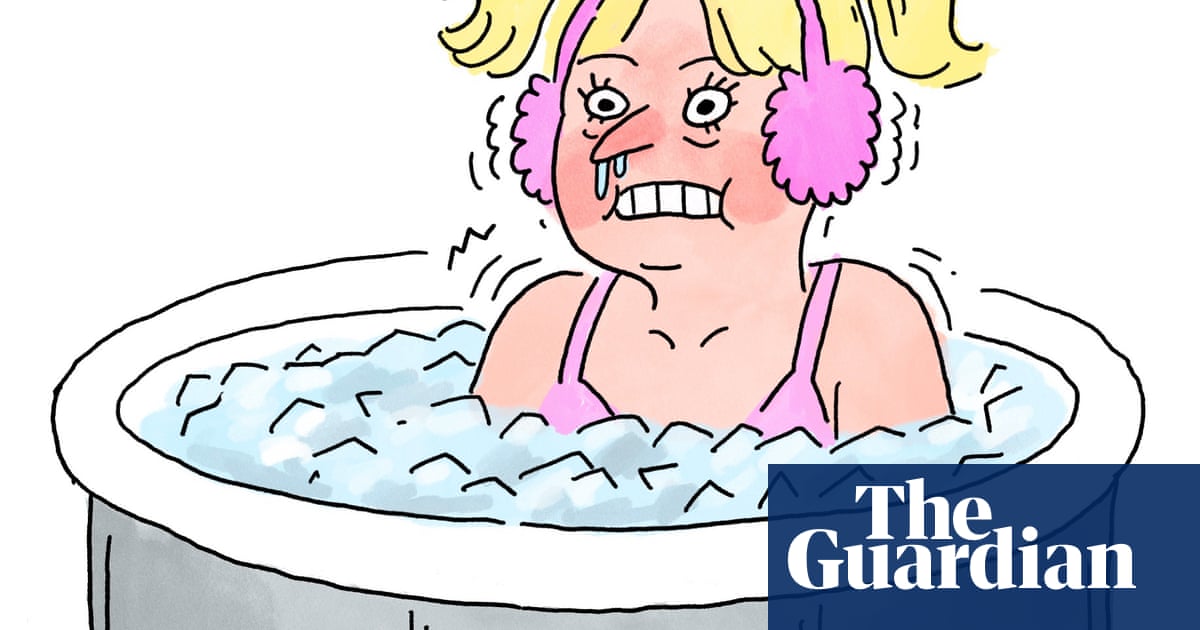‘It’s a long-held belief that taking to the waters is good for your health,” says Mike Tipton, a professor of human and applied physiology at the University of Portsmouth. From Roman frigidariums to Thomas Jefferson’s foot baths, cold immersion has long been seen as curative. But does modern science support the idea that it boosts immunity?
The answer: it’s complicated. While cold water immersion does activate the body, that’s not the same as strengthening the immune system. “When you immerse yourself in cold water, your body undergoes the cold shock response,” says Tipton. “You get rapid breathing, a spike in heart rate and a surge of stress hormones such as adrenaline and cortisol.” This may explain why people feel more alert or energised after a cold dip. But does it mean you’re less likely to get sick?
Many studies into the effects focus on immune cell activity in the blood – which can increase after cold exposure – but that doesn’t always translate into fewer infections. “It’s easy to cherry-pick results,” says Tipton. He points to afrequently quoted Dutch studyin which people who ended their daily hot showers with at least 30 seconds under cold water took 29% fewer sick days. While it’s often used as an example of the powers of cold plunges, those participants actually reported the same number of infections as those who didn’t have a cold shower. “That might reflect increased resilience or just a willingness to push through because of being part of a study,” says Tipton, rather than better immunity.
It may also be that regular cold plungers simply have a healthier lifestyle overall. A recent study by Tipton’s team found that indoor and outdoor swimmers had fewer respiratory infections than non-swimmers, suggesting it may be the exercise, not the cold, doing the work.
Sign up toInside Saturday
The only way to get a look behind the scenes of the Saturday magazine. Sign up to get the inside story from our top writers as well as all the must-read articles and columns, delivered to your inbox every weekend.
after newsletter promotion
One thing is clear: too much cold is harmful. “If your core temperature drops too far, it can suppress the immune system,” he says. His advice? Keep it short – no more than 90 seconds.
